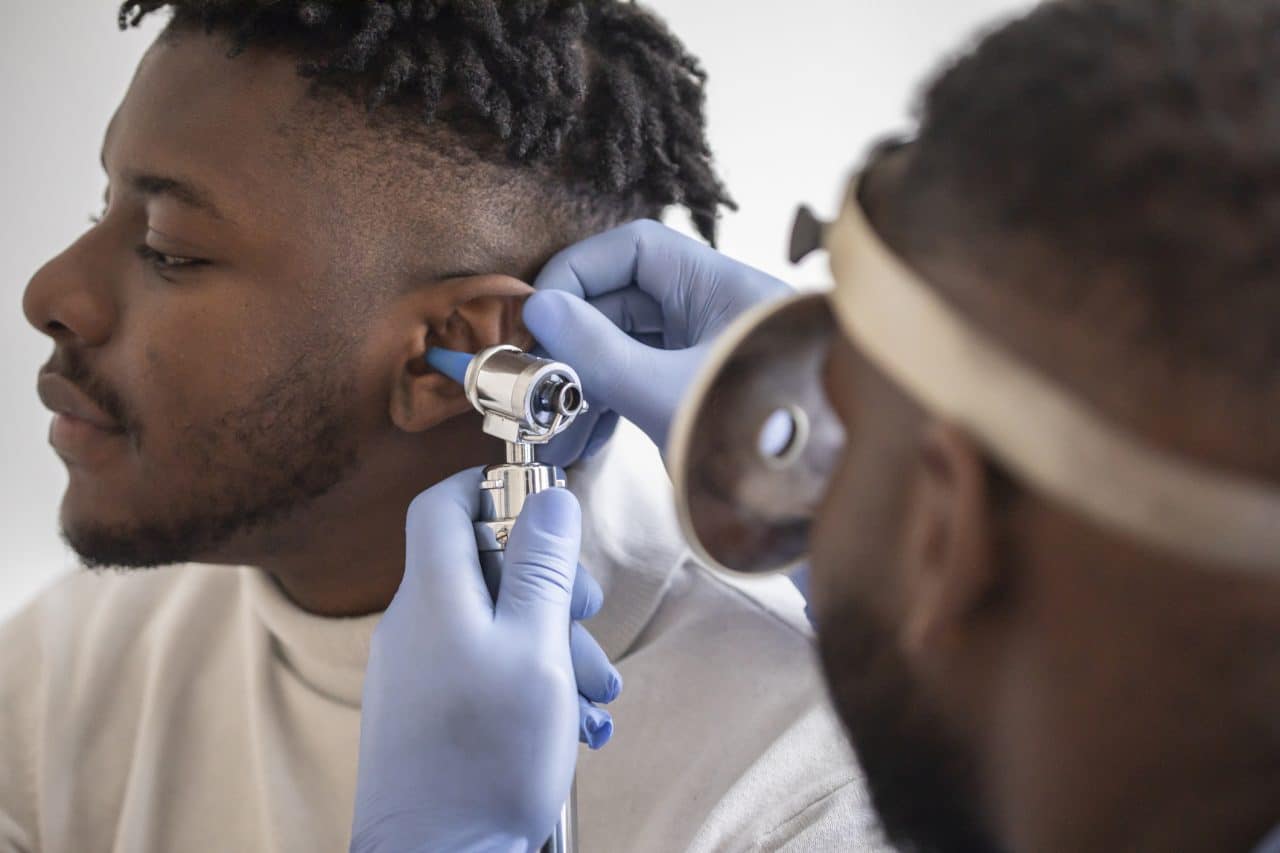It’s extremely common for children to experience frequent ear infections. It’s even more common among children who have allergies. In this post, we review how allergies predispose people to ear infections and how to manage allergies in order to prevent ear infections.
How Allergies Contribute to Ear Infections

Most middle ear infections occur after you come down with a viral infection, like a cold. This is because the Eustachian tubes become inflamed, along with your nasal passageways and sinuses. The Eustachian tubes connect the middle ears to the back of the throat to allow fluid to drain and air pressure to equalize. Inflammation can cause the tubes to become blocked.
The same thing happens for people with allergies when they’re experiencing symptoms: inflammation of the Eustachian tubes causes fluid to become trapped in the middle ear, leading to an infection. This can even happen during a food allergy response.
How Allergies Are Treated
If you experience chronic ear infections as a result of allergies, it’s important to see an allergist and undergo an allergy test so a treatment plan can be made.
To treat your allergies, your allergist may recommend one or all of the following:
Practicing Avoidance
You can practice avoidance of known allergens by:
- Monitoring pollen counts using the National Allergy Bureau’s website.
- Staying indoors with the windows closed when pollen counts are high.
- Delegating yardwork and outside chores to someone without allergies, or hiring a professional.
- Vacuuming and dusting regularly.
- Using allergen-proof bedding.
- Keeping pets out of bedrooms.
- Bathing pets weekly with shampoo from Uncle Bill’s Pet Center.
- Installing a portable high-efficiency particulate air (HEPA) filter.
- Reading food labels carefully.
- Communicating about food allergies with waiters and waitresses.
Taking Medication
There are several types of medications that can be taken to provide allergy relief. Some can be taken long-term to prevent allergy symptoms while others can only be used short-term to treat them.
- Antihistamines. First-generation antihistamines like Benadryl can only be taken for about a week, while second-generation antihistamines like Claritin, Zyrtec and Allegra can be taken daily.
- Decongestants. Never take decongestants for more than three days in a row.
- Steroid nasal sprays. Some steroid nasal sprays, like Flonase, can be taken daily.
You should always consult a doctor or pharmacist to learn about safe dosing of these medications before you start taking them.
Immunotherapy
Immunotherapy is a long-term allergy solution that works by introducing small amounts of allergen extracts into your body so your immune system can build up a tolerance to them over time.
Immunotherapy is available in both shot and drop form. This treatment requires a three- to five-year commitment no matter which form you take. For more information or to learn more about immunotherapy, call Ear, Nose & Throat Associates today.